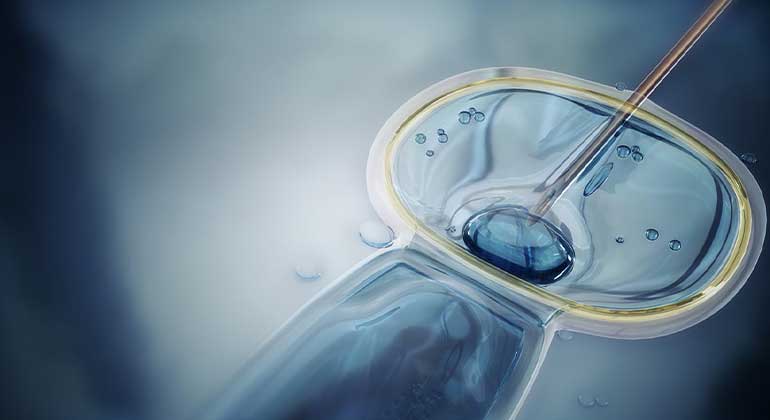
Intracytoplasmic sperm injection (ICSI) is a powerful assisted reproductive technology (ART) used at the Sparsh IVF in many cases of male infertility. ICSI represented the second major advance in modern fertility treatment – the first being IVF – because it enabled fertility specialists to directly address the problem of male factor infertility. The ICSI procedure directly introduces an individual sperm cell into each of the eggs obtained during the IVF (in vitro fertilization) process. The resulting embryo is then transferred to the uterus to initiate a pregnancy. ICSI has proven to be a truly revolutionary technology, giving new hope to many couples who had been unable to conceive.
Why ICSI
- Poor sperm morphology (abnormally shaped sperm).
- Poor sperm motility (slow-moving).
- A low sperm count.
- An obstruction such as a vasectomy, which prevents sperm release.
- Antisperm antibodies (antibodies that are produced by the man’s body and may inhibit sperm function).
- A vasectomy reversal that was unsuccessful or resulted in a low sperm count or poor-quality sperm.


